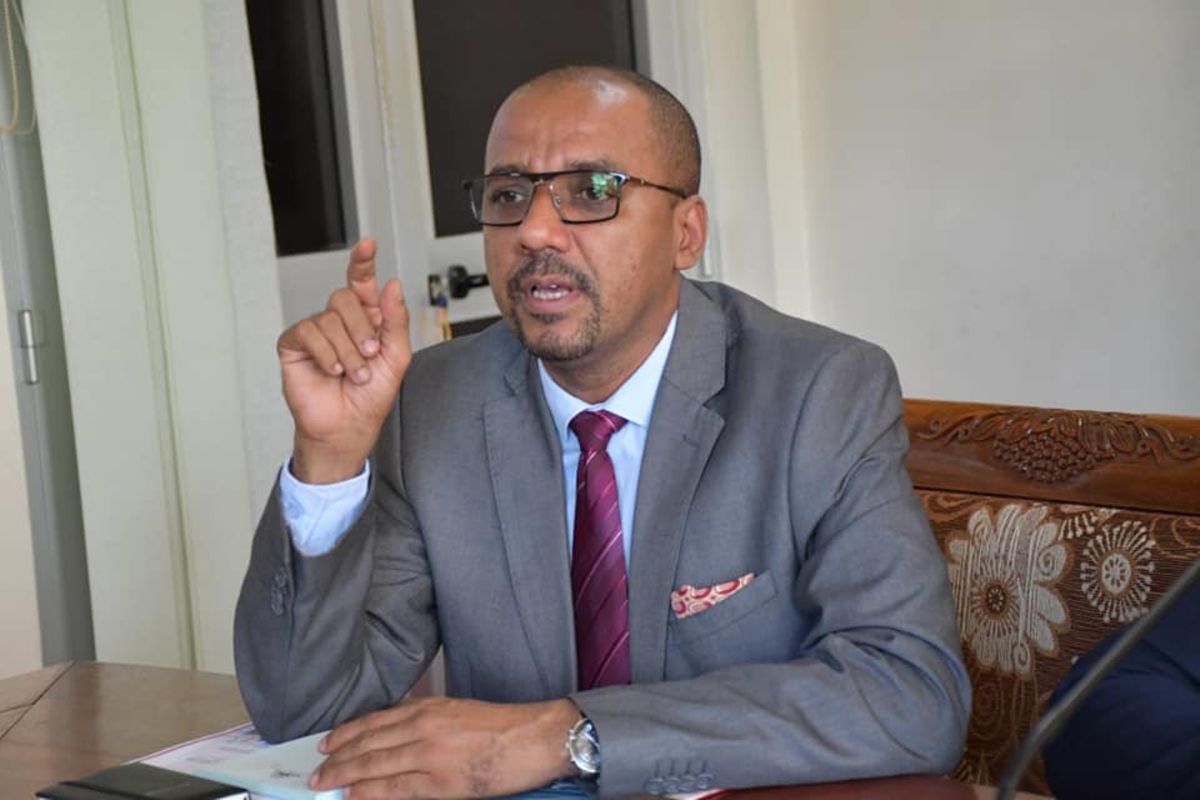In substantial numbers, citizens still experience shortages of basic life necessities.
Key findings
- Tanzanians offer mixed assessments of their personal living conditions: 38% describe them as “fairly bad” or “very bad,” while a majority say they are good (31%) or “neither good nor bad” (31%). o Substantial proportions of the population went without basic life necessities at least once during the previous year, including a cash income (84%), sufficient clean water (48%), medical care or medicines (47%), and enough food (38%).
- Citizens are evenly divided in their evaluations of the country’s economic condition: 39% describe it as good, while 38% say it is bad. o More than four in 10 citizens (43%) are optimistic that the country’s economic condition will improve in the next 12 months.
- Seven in 10 citizens (70%) say the country is going “in the right direction.
- The delivery of public services such as health, water, infrastructure/roads, electricity, and education outrank economic issues as citizens’ top priorities requiring government attention.
- Two-thirds (67%) of citizens give the government a passing grade on economic management, but fewer approve of the government’s performance on creating jobs (45%), reducing gaps between rich and poor (42%), and keeping prices stable (42%).
The Tanzanian economy has shown signs of post-pandemic recovery as economic growth reached 4.7% in 2022 and 5.1% in 2023, thanks in part to substantial investments in transportation infrastructure, energy, water, health, education, and private-sector development (URT, 2024). While the country’s economic growth contributes to poverty reduction through job creation (Kinyondo & Pelizzo, 2018), poverty declines more slowly than the economy grows. For instance, Tanzania has recorded an impressive economic growth rate of more than 6% on average since 2000, but the decline in the poverty rate has been less rapid, from 34.4% in 2007 to 28.2% in 2011/2012 and to 26.4% in 2017/2018 (UNDP, 2015; World Bank, 2019).Greater poverty reduction would require even faster economic growth.
How has Tanzania’s economic growth translated to the daily lives of ordinary Tanzanians?
A new Afrobarometer survey finds that Tanzanians offer mixed assessments of their personal living conditions and their country’s economy despite some improvement on both counts compared to 2022. In substantial numbers, citizens still experience shortages of basic life necessities.
Nevertheless, most Tanzanians believe the country is moving “in the right direction.” A large majority approve of the government’s performance in handling the economy, though fewer say the same about its efforts to create jobs, reduce inequality, and control inflation.
Lucas Katera Lucas Katera is the national investigator for Tanzania.
Mgeni Msafiri Mgeni Msafiri is a researcher for REPOA, the Afrobarometer national partner in Tanzania.
Source: allafrica.com














